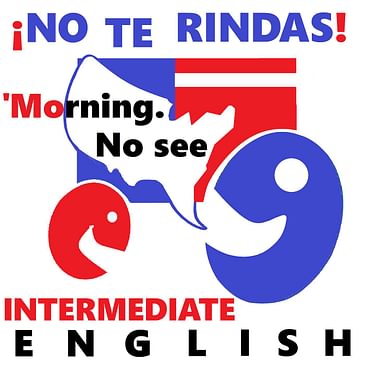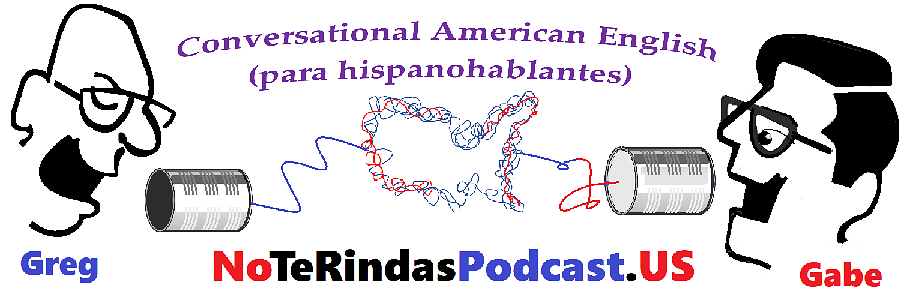Click the link to play our suite of Intermediate English games!
Google Play store apps
Sometimes there is a moment of confusion when someone is speaking your new language to you and they use a different kind of expression than what you have studied. En este episodio, usamos varios ejemplos, el humor, y la actuación del nivel de cinco estrellas para hacerte más cómodo con saludos que son comunes pero a lo mejor no académicos.
Can you already answer these 3 questions?
1. Which word tells you that an English speaker is greeting you?
2. What's the difference between "good evening" and "good night"? (Una pista - la respuesta correcta no será "la hora")
3. What common greeting in Spanish sounds truly strange if translated directly into English?


